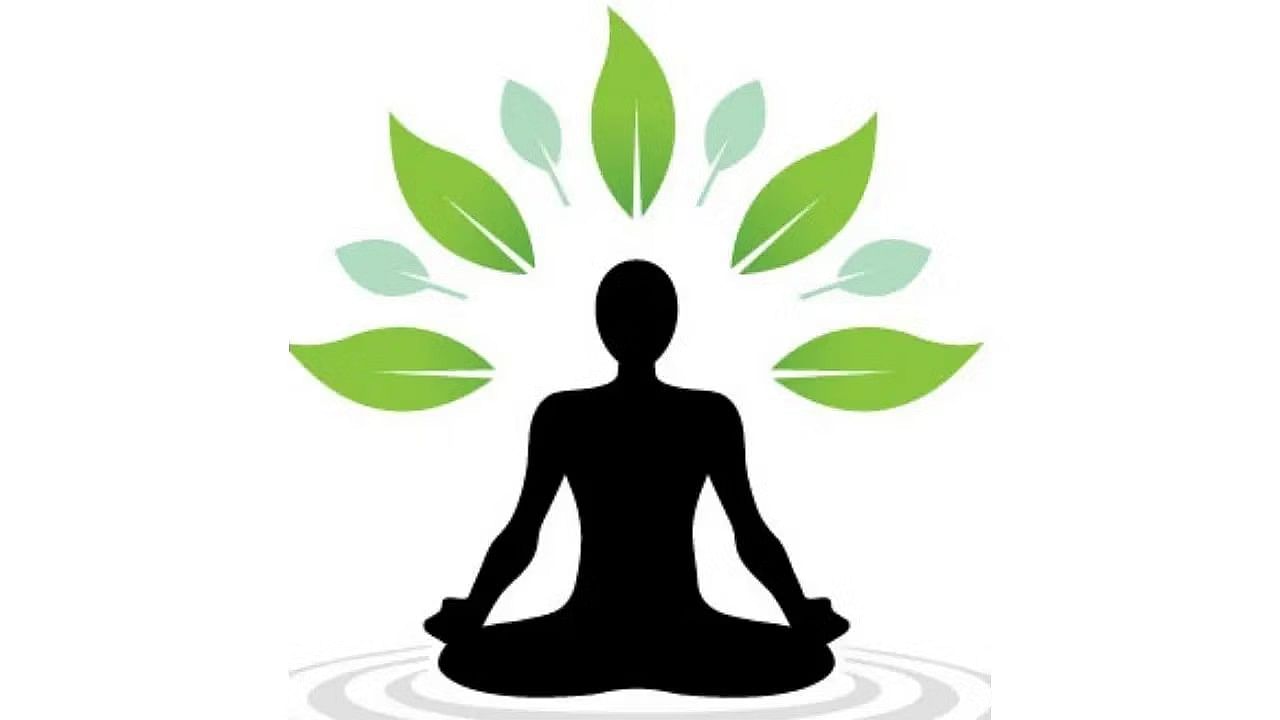
Oasis logo
Credit: DH Illustration
‘Your progress in life is in your hands. You must not go down the path of ruin. You are your greatest friend and your greatest enemy too’ says the Bhagavad Gita in its sixth Dhyanayoga chapter. Behind this statement lies the very foundation of human psychology. The human intellect (buddhi) receives the various external stimuli and sends the appropriate signals to the mind (manas) to act upon these sensory inputs. To pay heed to the intellect and act accordingly is in man’s hands.
When the mind acts as per the dictates of the intellect, it helps in his progress and does him good. When the mind overpowers the intellect and disobeys it, as is often the case, it is a sign of discordance and causes trouble, leading to man’s downslide and even eventual ruin. The irony here, as revered Swami Chinmayananda says is that man is aware of what is good and what is prohibited, but he still persists in doing the wrong. This gap between the ‘ideal I’ and the ‘actual I’ is what leads to man’s downfall.
It is like a sort of split personality, the first being the perfect, idealised state which everyone secretly desires deep down in their subconscious minds and the second, their actual state in which they live, obviously influenced by external existential factors. It is this issue that needs to be addressed. Unfortunately, many people are not even aware of this. Thus it becomes clear that the mind must be brought under control, under the strict supervision of the intellect, to gradually rid it of its baser, animal instincts and raise it to higher levels of consciousness. This is the ultimate aim of all religions, to make man a better human being by gradually polishing his inner personality. This gradual and difficult process must be followed by every person desirous of improving his lot.
No God, no preceptor, no religious texts, no rituals, no dogma can achieve this. “To each his own” as the saying goes! It is the effort that matters. “Introspect, identify your undesirable traits, jettison them and infuse positive qualities” says the Gita. In this way, our mind is our best friend when it harkens to the call of the inner voice and also our worst enemy when it ignores it. ‘Don’t consciously hasten your downfall, don’t blame others, try to elevate yourself” is the eternal, timeless message of the Gita.